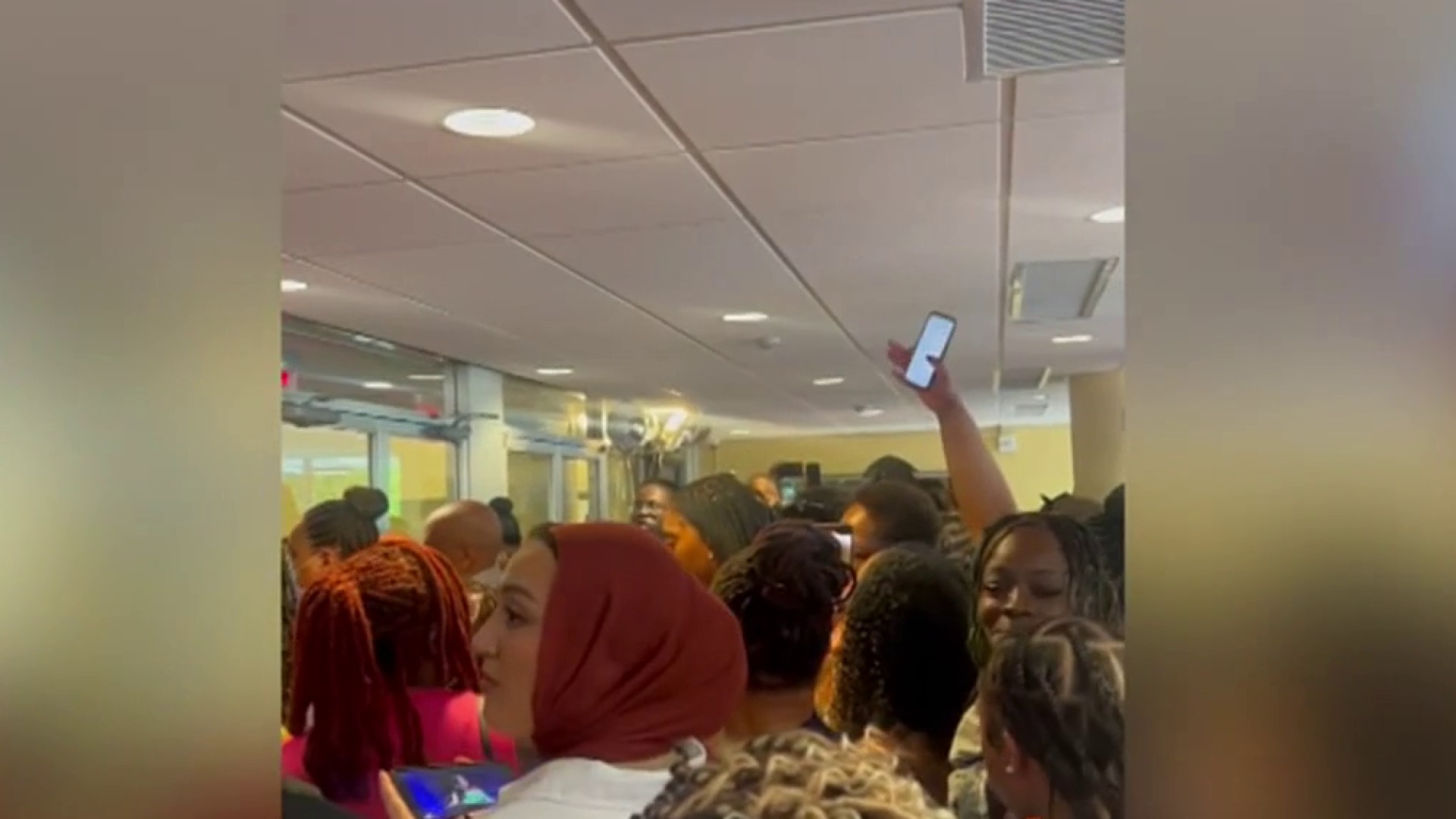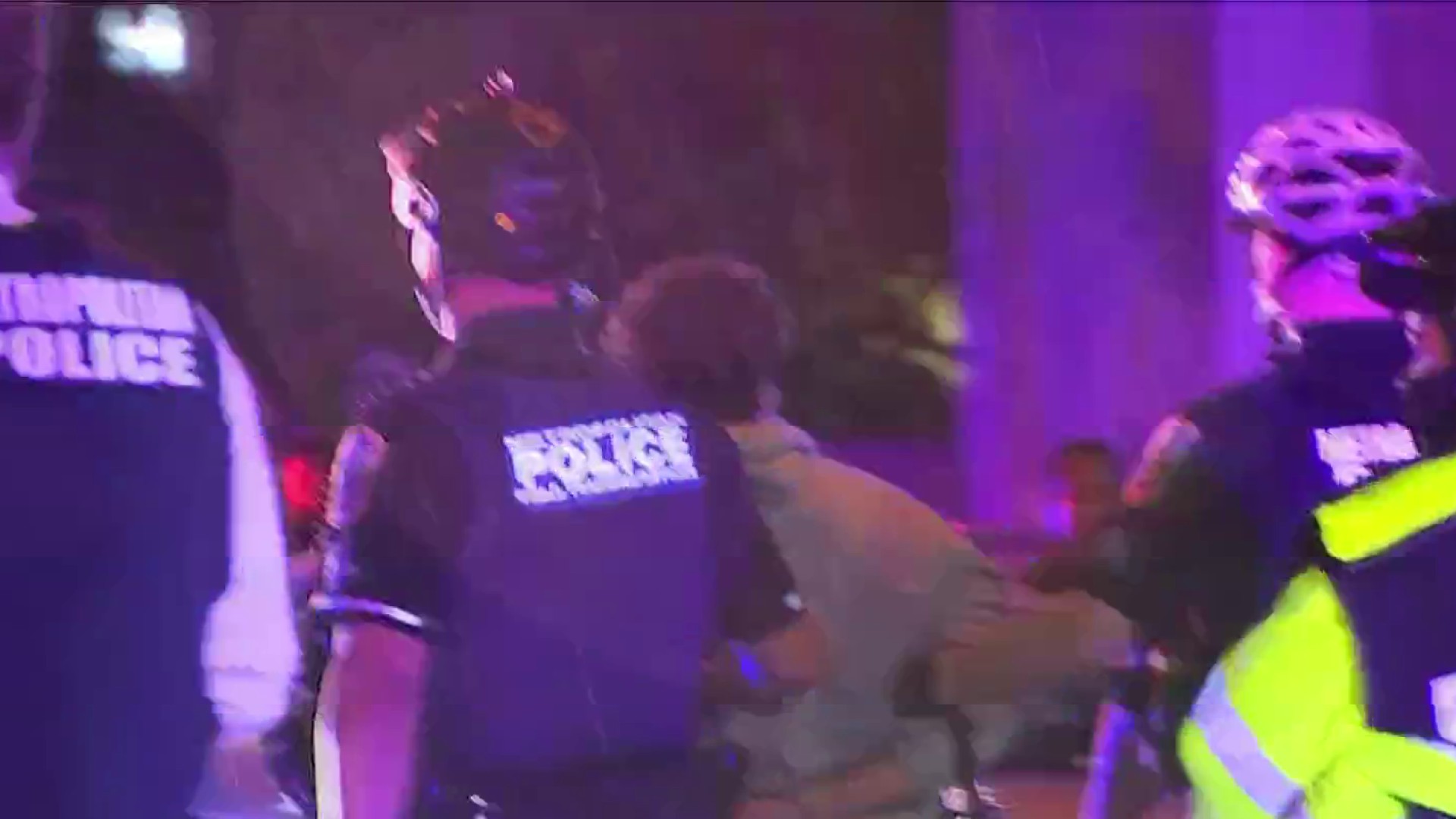Should lawyers be allowed to use song lyrics, performances or creative expression against an artist during criminal prosecutions? That question is at the center of legislation that’s triggering debate among Maryland lawmakers.
Some artists and prosecutors are at odds over a Maryland bill that could shield artists from having their work used as evidence against them in court.
Rap lyrics specifically have been used in hundreds of cases over the past three decades, an American Bar Association review says. The authors mentioned an indictment of rap artists Young Thug and Gunna that “relied heavily on the artists’ lyrics, using their music as evidence of guilt.”
D.C.-based rap group Smash Bruvas says their music promotes positivity. The rhyming duo says no artists should have their work used against them in court.
We're making it easier for you to find stories that matter with our new newsletter — The 4Front. Sign up here and get news that is important for you to your inbox.
“I really think that’s really bogus; you know because everything isn’t true sometimes, you know what I’m saying? We’re visionaries,” Smash Bruvas’ Styme said.
A new bill before the Maryland General Assembly would raise the bar for admitting creative expression as evidence in a criminal or juvenile proceeding.
House Bill 1429 says creative expression includes music, dance, visual art and more art forms. Sounds, words, movements and symbols are mentioned in the bill.
Local
Washington, D.C., Maryland and Virginia local news, events and information
Under the bill, forms of expression couldn’t be used against a defendant unless the court finds clear and convincing evidence that the expression was meant literally; it’s relevant to specific facts of a case or it’s important information that can’t be shown by other evidence.
Maryland Del. Marlon Amprey is co-sponsoring the bill. He says he wants to safeguard creative expression in the state.
But at least one prosecutor disagrees with the bill.
Scott Shellenberger, a prosecutor in Baltimore County, released a statement that says, in part: “In today’s world of prosecution of criminal cases, the use of social media is very prevalent…detectives and prosecutors are constantly scanning these sites for evidence to support the identity of a criminal.”
Last year, the National Institute for Criminal Justice Reform released a report focused on gun violence in D.C. Researchers who interviewed community members and violence interrupters said they found that music videos made by rival crews and posted on social media were a driving cause of neighborhood conflicts that escalated into shootings.
Amprey says the House and Senate versions of the bill need to pass committees before the General Assembly can vote on it. If it passes both chambers, it would head to Gov. Wes Moore, who could sign it into law.



